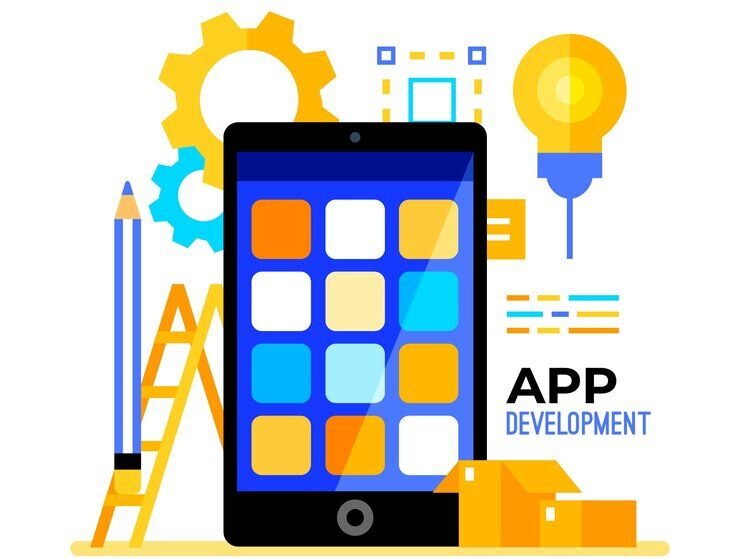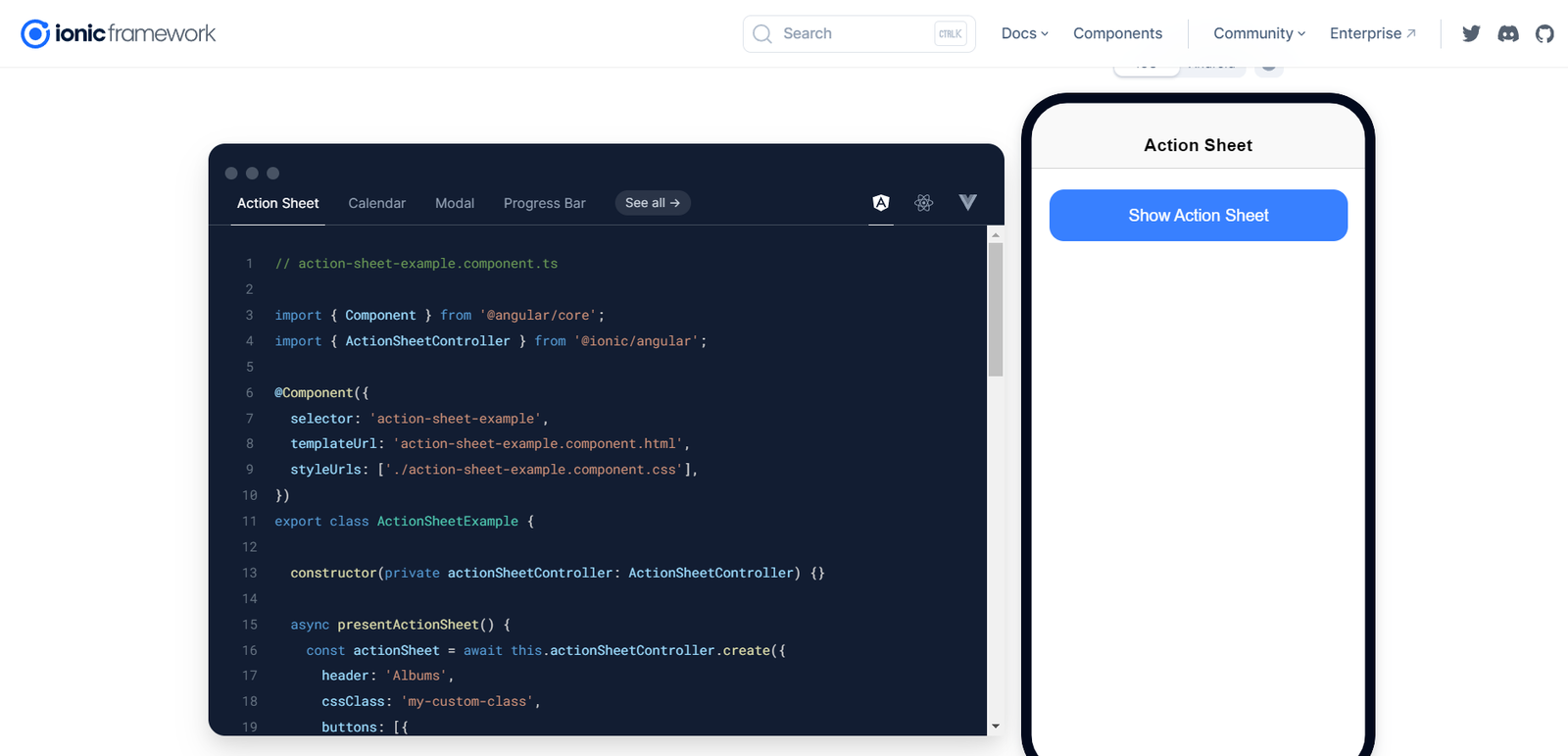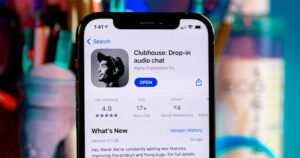How to Choose the Right Mobile App Development Framework
- 1 Factors to consider to opt for the best mobile app development framework:
- 1.1 Native vs. cross-platform development:
- 1.2 Project requirements:
- 1.3 Developer skills and experience:
- 1.4 Community support and updates:
- 2 Popular mobile app development frameworks:
- 2.1 React Native
- 2.2 Flutter
- 2.3 Xamarin
- 2.4 Ionic
- 3 How will you opt for the right mobile app development framework?
- 3.1 Project requirements
- 3.2 Developer skills and experience
- 3.3 Community support and updates
- 3.4 Licensing costs
- 3.5 Documentation and tutorials
- 4 Conclusion
- 5 FAQs
- 5.1 What is a mobile app development framework?
- 5.2 What are the major mobile app development frameworks?
- 5.3 What is the difference between native and cross-platform development?
- 5.4 What are the advantages of cross-platform development?
- 5.5 What are the drawbacks of cross-platform development?
- 5.6 Which framework should I choose for my project: React Native or Flutter?
- 5.7 What programming languages are commonly used with mobile app frameworks?
- 5.8 How can I ensure a good user experience in my mobile app?
- 5.9 Are there any open-source mobile app development frameworks?
- 5.10 How can I choose the right framework for my project?
- 5.11 What is the cost of using a mobile app development framework?
- 5.12 Can I mix native and cross-platform development in a single app?
- 5.13 How do I keep my app updated with the latest mobile OS versions and features?
- 5.14 What are the best practices for mobile app testing with frameworks?
- 5.15 How do I handle security in mobile app development with frameworks?
Selecting the appropriate mobile app development framework is a critical decision that can significantly impact the success of your project. With a plethora of options available, each catering to different needs and platforms, it’s imperative to make an informed choice. In this guide, we’ll delve into the key considerations and factors to help you navigate the landscape of mobile app development frameworks.
Whether you’re developing for iOS, Android, or both, understanding the nuances of these frameworks will empower you to build robust, scalable, and high-performance applications. Join us as we explore the world of mobile app development frameworks and equip you with the knowledge needed to make a strategic decision for your next project.
Factors to consider to opt for the best mobile app development framework:
-
Native vs. cross-platform development:
Native apps are developed specifically for one platform (iOS or Android), while cross-platform apps can be developed for multiple platforms using a single codebase. Native apps offer the best performance and user experience. Such apps do consume a lot of time. Cross-platform apps can be a good option for businesses that want to save money and time, but they may not perform as well as native apps.
-
Project requirements:
Consider the specific requirements of your app, such as the features you need, the target audience, and the budget you have available. For example, if you need to develop a complex app with high-performance graphics, you may want to choose a native framework.
-
Developer skills and experience:
Choose a framework that your experts know and have a hands-down experience of making a good solution. This will help to ensure a smooth and efficient development process.
-
Community support and updates:
This will give you access to support and resources, and it will also ensure that the framework is regularly updated and maintained by an active community,
Popular mobile app development frameworks:
React Native
React Native is a cross-platform framework that uses JavaScript to develop native-looking apps for iOS and Android. It is backed by Facebook and has a large and active community.
React Native is a popular choice for developing cross-platform apps because it is easy to learn, has a large library of components, and allows developers to reuse their existing JavaScript skills. React Native apps are also known for their performance and user experience, which are comparable to native apps.
Some popular apps developed with React Native include Facebook, Instagram, Airbnb, and Tesla.
Flutter
Flutter is a cross-platform framework that uses Dart to develop native-looking apps for iOS, Android, web, and desktop. It was developed by Google and has a growing community.
Flutter is a newer framework than React Native, but it has quickly gained popularity due to its many advantages. Flutter apps are known for their high performance, smooth animations, and beautiful user interfaces. Flutter also has a large library of pre-built widgets and components, which makes development faster and easier.
Some popular apps developed with Flutter include Google Pay, Alibaba, and Hamilton.
Xamarin
It is a cross-platform framework that uses C# to develop native-looking apps for iOS and Android. It is backed by Microsoft and has a large and active community.
Xamarin is a good choice for businesses that want to develop native-looking apps for both iOS and Android using a single codebase. Xamarin apps are known for their performance, reliability, and security.
Some popular apps developed with Xamarin include Microsoft Office, Starbucks, and Alaska Airlines.
Ionic
Ionic is a cross-platform framework that uses HTML, CSS, and JavaScript to develop hybrid apps for iOS, Android, and the Web. It is a good option for developing simple to medium-complexity apps.
Ionic apps are known for their ease of development and their ability to create beautiful user interfaces. Ionic also has a large library of pre-built components and themes, which can save developers a lot of time.
How will you opt for the right mobile app development framework?
-
Project requirements
Consider the specific requirements of your app, such as the features you need, the target audience, and the budget you have available. Some frameworks are better suited for certain types of apps than others. For example, if you need to develop a complex app with high-performance graphics, you may want to choose a native framework.
-
Developer skills and experience
Choose a framework that your developers are familiar with and have experience using. This will help to ensure a smooth and efficient development process.
-
Community support and updates
Choose a framework with a large and active community. This will give you access to support and resources, and it will also ensure that the framework is regularly updated and maintained.
-
Licensing costs
Some frameworks have licensing costs, while others are open-source and free to use. Consider your budget when choosing a framework.
-
Documentation and tutorials
Choose a framework with good documentation and tutorials. This will make it easier for your developers to learn how to use the framework and build your app.
Once you have considered all of these factors, you will be able to choose the right mobile app development framework for your project.
Conclusion
Selecting the appropriate mobile app development framework is a critical decision that significantly impacts the success of a project. Factors such as project requirements, development team expertise, platform compatibility, and long-term maintenance should all be carefully considered. By thoroughly evaluating these elements and understanding the unique needs of the project, developers can make an informed choice, ensuring the creation of a high-quality, efficient, and scalable mobile application.
FAQs
Here are some frequently asked questions (FAQs) related to mobile app development frameworks:
What is a mobile app development framework?
A mobile app development framework is a pre-built set of tools, libraries, and guidelines that help developers create mobile applications more efficiently.
What are the major mobile app development frameworks?
Some popular mobile app development frameworks include React Native, Flutter, Xamarin, and native development for Android (using Java/Kotlin) and iOS (using Swift/Objective-C).
What is the difference between native and cross-platform development?
Native development involves creating separate apps for each platform (iOS and Android), while cross-platform development allows you to build a single codebase that can run on multiple platforms.
What are the advantages of cross-platform development?
Cross-platform development can save time and resources, as you write code once and deploy it on multiple platforms. It also offers a consistent user experience across different devices.
What are the drawbacks of cross-platform development?
Cross-platform apps may have performance limitations and may not support every native feature of a device. They can also be more complex to set up and maintain.
Which framework should I choose for my project: React Native or Flutter?
The choice between React Native and Flutter depends on your specific project requirements. React Native is well-established and has a larger community, while Flutter is known for its beautiful UI and widget system. Consider your team’s expertise and project goals.
What programming languages are commonly used with mobile app frameworks?
React Native uses JavaScript/TypeScript, Flutter uses Dart, Xamarin uses C#, and native development typically uses Java, Kotlin, Swift, or Objective-C.
How can I ensure a good user experience in my mobile app?
To ensure a good user experience, focus on responsive design, smooth navigation, quick loading times, and intuitive UI/UX. Extensive testing and user feedback are also crucial.
Are there any open-source mobile app development frameworks?
Yes, React Native and Flutter are open-source frameworks. This means you can use them for free, contribute to their development, and access a large community of developers.
How can I choose the right framework for my project?
Consider factors such as project requirements, budget, development team expertise, and the target audience. Evaluate the pros and cons of each framework and choose the one that best aligns with your project’s goals.
What is the cost of using a mobile app development framework?
Most frameworks are open source and free to use. However, there may be costs associated with developer tools, third-party plugins, and hiring experienced developers.
Can I mix native and cross-platform development in a single app?
Yes, you can use a mix of native and cross-platform development in a single app. This is often done to leverage the strengths of each approach for specific features or components.
How do I keep my app updated with the latest mobile OS versions and features?
Regularly update your app’s codebase and libraries. Stay informed about OS updates and changes in app store guidelines to ensure your app remains compatible and takes advantage of new features.
What are the best practices for mobile app testing with frameworks?
Perform extensive testing on multiple devices, screen sizes, and OS versions. Use automated testing tools and follow best practices for debugging and optimization.
How do I handle security in mobile app development with frameworks?
Implement security best practices, such as data encryption, secure authentication, and input validation. Stay informed about security updates and patches for the framework and libraries you use.






















